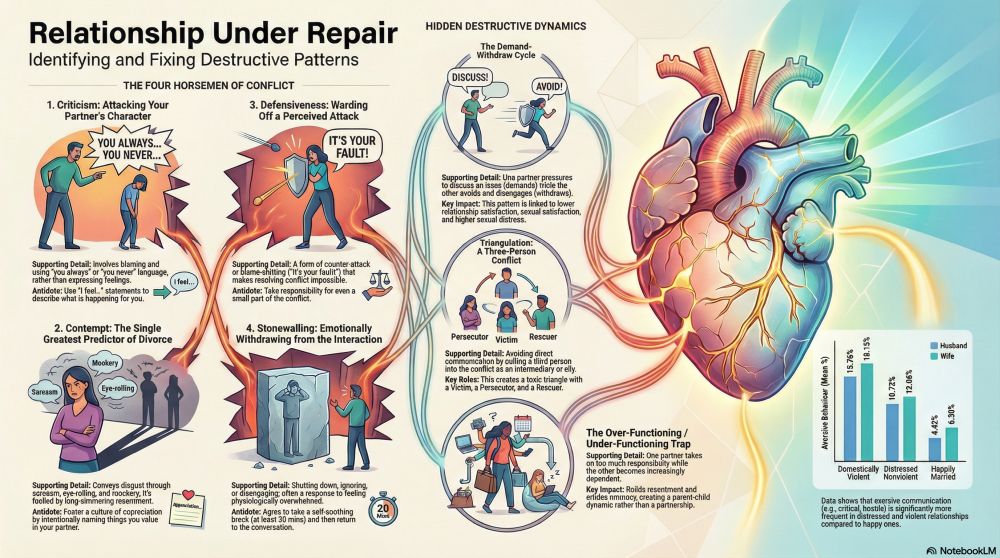Being a better partner involves a combination of self-awareness, supportive behaviours, effective communication, and mutual respect. Key strategies include knowing yourself, appreciating your partner’s strengths, supporting each other’s growth, and fostering open, constructive communication.
Core Principles for Better Partnerships
- Self-Knowledge and Realistic Expectations: Understanding your own needs and values helps in making better partner choices and managing relationship expectations. Seeking a “good enough” partner, rather than perfection, leads to healthier, more sustainable relationships.
- Mutual Respect and Trust: Building trust, showing respect, and practising forgiveness are foundational for strong partnerships.
- Constructive Communication: Open dialogue, attentive listening, and expressing emotions are essential. Developing conflict management skills and creating safe spaces for sharing can reduce stress and improve relationship quality.
Support and Appreciation
- Appreciate Strengths: Actively recognising and appreciating your partner’s strengths, especially through behaviours, enhances relationship satisfaction.
- Support Growth: Providing nurturing, action-oriented support for your partner’s self-improvement efforts leads to higher relationship quality and personal growth for both partners.
- Focus on Self-Change: Efforts to improve the relationship are more successful when individuals focus on their own growth rather than trying to change their partner.
Practical Skills and Behaviours
- Daily Bids for Connection: Make small, consistent “turn-toward” moments (greetings, check-ins, shared humour). Aim for at least 5 meaningful bids per day.
- Clear Communication Frameworks: Use “I” statements, reflective listening, and time-outs when flooded. Keep hard talks to one topic, 20–30 minutes max.
- Conflict Playbook: Agree on rules (no name-calling, no threats, pause if elevated). Close each conflict with a concrete next step and a brief repair (own your part, validate, propose fix).
- Weekly Relationship Meeting: 30–45 minutes to review wins, chores, calendars, money, sex/intimacy, and one improvement for the week.
- Gratitude Ritual: Share one specific appreciation daily (“What you did + why it mattered”). Rotate responsibilities for small kindnesses.
- Attachment-Friendly Reassurance: Offer explicit commitment language (“I’m here; we’ll solve this together”) during stress spikes.
- Shared Meaning & Goals: Keep a living list of shared values, medium-term goals (6–18 months), and next concrete actions.
- Fair-Play Tasking: Divide recurring tasks by ownership (conceive–plan–execute). Rebalance in the weekly meeting.
- Financial Hygiene: Transparent budgets, spending thresholds requiring two yeses, monthly money date to prevent resentments.
- Intimacy & Affection: Schedule protected time for cuddling/sex/date nights. Discuss desires and boundaries openly; normalise renegotiation.
- Stress & Health Basics: Sleep, exercise, and tech boundaries (phones out of tough conversations). Protect couple time from digital intrusion.
- Repair Phrases at the Ready: “You’re right; I missed that.” “Let me try that again.” “What you’re saying matters to me.”
Quick Self-Assessment (Tick Yes/No)
- We have a weekly check-in for logistics and feelings.
- We each give at least one specific appreciation daily.
- We can pause a fight and successfully resume it later.
- We know each other’s current stresses and top goal this month.
- We have agreed rules for money, chores, tech, and intimacy.
Bottom Line
Better partnership is built on small, repeatable behaviours: clear communication, reliable support, fair responsibility sharing, and daily appreciation. Master the basics, review them weekly, and adjust together as life changes.


